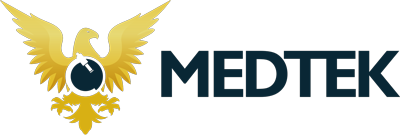Blog
The Rise of Millennial Med Techs
We’ve all heard the stereotypes. Millennials are lazy, entitled, and self-obsessed. And with the baby boomers retiring from the lab, millennial med techs are now filling up job openings. As a lab manager, this may be a reason for anxiety. Given what we’ve heard about the millennials’ work attitude, how can these incoming hires fit into a task-oriented, team-based environment like the laboratory?
Inclination for Technology
For a technology-based, millennials are undeniable assets. They are much more comfortable working with automation than the other generations. Their adaptability to change also makes the transitions to technical upgrades more manageable.
“They embrace technology and want to use it whenever they can, and they like to be creative and discover how to simplify a task using technology,” explains Brandy Blackburn, the lab supervisor of Quest Diagnostics Inc. “They don’t have all the answers, but they sure know where to find them.”
Despite showing great skill in technology, millennials can have the tendency to be less interested in the mechanical aspect of the job. The med tech workload can be pretty routine-heavy at times and this could be in conflict with the millennials’ preference for change and spontaneity.
Work Attitude
“Laziness” seems to be one of the most enduring labels stuck onto the millennial generation. They’re always thought of as idle for refusing to do the nitty-gritty work. But from Blackburn’s experience, this may be a misconception. Millennials “just seek easier ways of getting things done” and prefer to work smarter, not harder.
Millennials are also comparatively more flexible and can switch tasks more easily. “They are more willing to change their hours to accommodate business needs than are workers from other generations,” said Blackburn. She also noted, however, that issues can arise from their desire for flexibility. “They want a lot of flexibility from their employers with regard to scheduling, which is an issue in a clinical lab where turnaround time is critical.”









